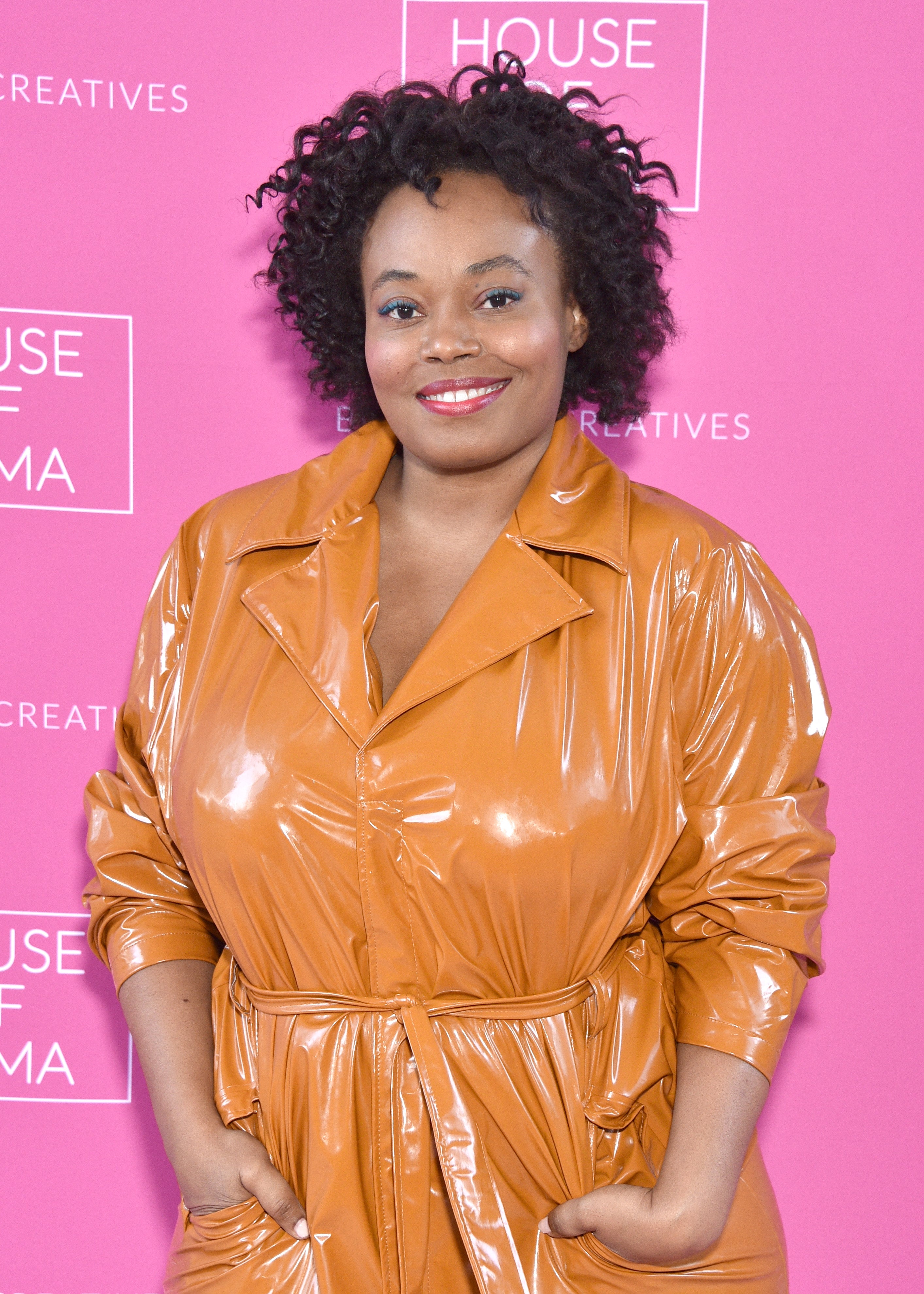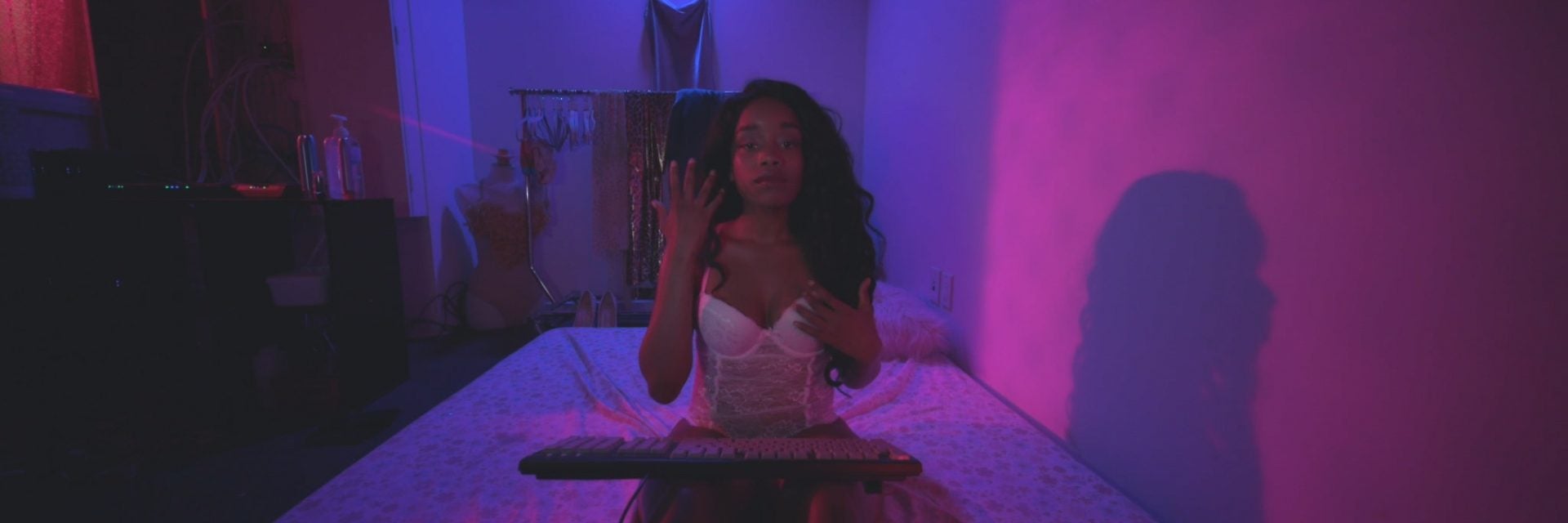Truth is stranger than fiction. Just ask Numa Perrier the writer-director and co-star of Jezebel. Perrier mined her life to craft a feature film about her stint as web-cam girl (think online peep show) in 1999.
At age 19, money was tight and Perrier lived in a Vegas studio apartment with her sister, Sabrina, her sister’s boyfriend, brother and nephew. Cramped living accommodations aside, they were also grieving the loss of their mother who died from diabetic complications. Sabrina made decent money as a phone sex operator and encouraged Perrier to pursue an ad for an “internet model.” Neither of them knew this new career path and to their surprise, Perrier was hired on the spot. She was the company’s first black “model.”
Jezebel chronicles Perrier’s experience in the adult industry—and that period of sexual discovery. In the film, she plays Sabrina while Tiffany Tenille is Perrier/Jezebel. “When I first wrote the script, I changed the names and didn’t tell anyone that it was my story,” said the artist who posted her first short film on YouTube in 2008. “I was like, I wrote this film, it’s got a cam girl. It was enough to get me into the Tribeca Film Institute women’s director program. I submitted the first 15 pages.”
But in that program she “quietly confessed” to a room full of Oscar winners that Jezebel was inspired by her life. “All the women in the room said, ‘What? You have to say that, Numa. You have to say that because we love it, but now we need it.’ And I was like, ‘Oh, shit.’ That was the moment that really emboldened me,” Perrier said.
The energy that motivated Perrier to break away from Black & Sexy TV (an indie, digital network that she co-founded) to focus on her feature, now fueled her mission to get Jezebel in theaters and in the streaming space.
Perrier was busy raising post-production funds for Jezebel when she approached Ava DuVernay for support. The pair knew each other back when DuVernay was a publicist working on the Perrier produced A Good Day to be Black & Sexy. DuVernay, excited about the project, blessed Perrier with an enthusiastic tweet that turned her little campaign that could into a high-profile situation. Folks like Solange put their hard-earned coin behind the film.
Later, the film became part of the DuVernay’ Array, a film distributor and resource collective dedicated to amplifying indie projects by people of color and women filmmakers. Perrier credits Array and DuVernay’s “black woman elbow grease” for pushing the film’s release to 10-plus cities, including L.A., Chicago, Houston and Atlanta.

But the ultimate prize was landing a spot on the Netflix queue. “I know Netflix isn’t accessible to everyone on the planet,” says the digital native. “But it’s accessible to a large amount of people on the planet that can watch this film when they want, how they want. They don’t have to worry about what it takes to leave the house or the expense of that.”
As the Haitian born writer-director enjoys Jezebel’s success—she took home Best Director and Best Narrative Feature prizes at the American Black Film Festival—she’s also whipping up another personal piece, Blood Mother.
The thriller replays the culture shock Perrier experienced when she returned to Haiti to meet her biological mother. She left Haiti at two and grew up hearing the negative buzzwords about the country being poor and dangerous. “I was very curious to meet my mother, but I also had this built in fear that I wouldn’t be safe there…which is real and also very biased, because the United States is also a very dangerous place,” she said.
“While I’m there, I start getting the feeling that someone is going to kidnap me. I don’t know if this is real or if it’s because I’ve been told all these scary things,” she said, sharing that her sister is a producer partner on Blood Mother. “There’s a carnival of emotions, so of course, I think that will make an interesting story.”
Jezebel is available now on Netflix.
Listen to Numa’s story on Unbossed Podcast here:


